$2.15 Original price was: $2.15.$1.51Current price is: $1.51.
- Efficiency meets excellence in customer care.
- Best price, safe shopping guarantee
- Safe Payments, the Smart Choice
- Your happiness, our mission.

Spinach Beet “Perpetual Spinach” Seeds | Mr Fothergill’s
Our beta vulgaris Spinach Beet “Perpetual Spinach” seeds are a reliable alternative to spinach that produce a continuous crop. If your spinach always runs to seed before you manage to get a good crop, Perpetual Spinach is a great option because it almost never runs to seed in its first season. The taste is very similar to spinach, but slightly milder and earthier, and it’s great for pizza, pies, curries, pasta, and quiches. Perpetual Spinach is very quick and easy to grow, and highly abundant as the more you pick, the more the roots produce!
Variety Information
| No. Seeds Per Pack | 250 |
|---|---|
| Sow Indoors | March – July |
| Sow Outdoors | March – July |
| Location | Full Sun, Partial Shade |
| Harvest Time | June – October |
| Hardiness | Hardy Biennial |
Features
Continuous Crop
Mild Earthy Flavour
Versatile
High Yields
Spinach beet is easy to grow. Below we address some common queries:
- Hardiness: this species is hardy and well-suited to the UK’s climate.
- Planting In Pots: well-suited to container growing.
- Position: place in full sun or partial shade.
- Soil Types: sow in fertile, well-drained soil.
Germination Requirements: can be sown outdoors, prefers soil with good drainage and high organic content.
Planting Distance (Seed Tray): sow seeds 3cm (1in) deep in drills.
Planting Distance (Ground): sow seeds 3cm (1in) deep in drills 30cm (12in) apart.
Soil Preparation: remove weeds and large stones, dig in some compost, manure, or fertilizer.
Thinning: as seedlings grow, thin to 23cm (9in) apart in the flower bed.
Pest Control: remove any infected leaves, can use netting or fleece for protection.
Watering Requirements: water regularly, particularly during dry periods.
For a more detailed guide please read our blog below.
Click Here To Read More
Seeds Jargon
- F1 Hybrids: hybrid seeds are produced from two specially selected varieties that are kept in isolation. As they are produced from only two plants, seeds are almost identical genetically.
- Open Pollinated: open pollinated plants aren’t isolated from other varieties, so are more genetically diverse.
- Heirloom: heirloom seeds are historic, some going back to Victorian times, others more recent. Heirloom varieties can be good or bad, depending on how careful the breeder is to maintain genetic similarity.
Hybrids vs Open Pollinated
As hybrids are produced from two specially selected varieties, the quality is more consistent, with a higher germination rate and improved cropping. But, as they require time, resources and know-how to create, they come to the market at a higher cost. They are also genetically unstable, and so if you keep the seeds from the resultant crop, performance is usually poor. Open Pollinated seeds are highly diverse and have often been grown for successfully for decades. Seeds from the resultant crop are usually perform well.
Annual, Biennial and Perennial
Annual plants complete their life cycle within a year, biennials in two years (usually only flowering in the second year) and perennials can live on indefinitely.
Hardy, Half-Hardy and Tender
Hardy and half-hardy plants can survive a light frost, but the latter are best moved indoors during periods of bad weather. Tender plants must be kept indoors, until after the last frost.
We believe that anyone, regardless of ability can successfully grow their own plants at home, and do so in an eco-friendly and sustainable way.
Everyone should have the chance to experience the benefits that plants bring to our lives, and we have put a lot of effort into making sure that all of our products are easy to grow, even for beginners.
Sustainability is at the heart of our ethos and we have done everything we can to ensure that all of our products are as sustainable as possible, be it our plastic free, fully recyclable packaging, GM free seeds or ethically sourced compost.

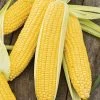
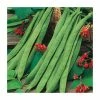
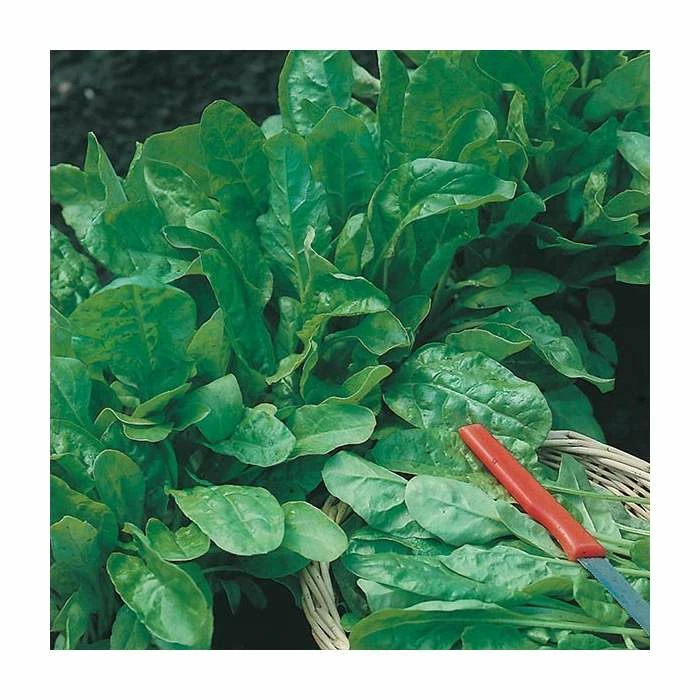

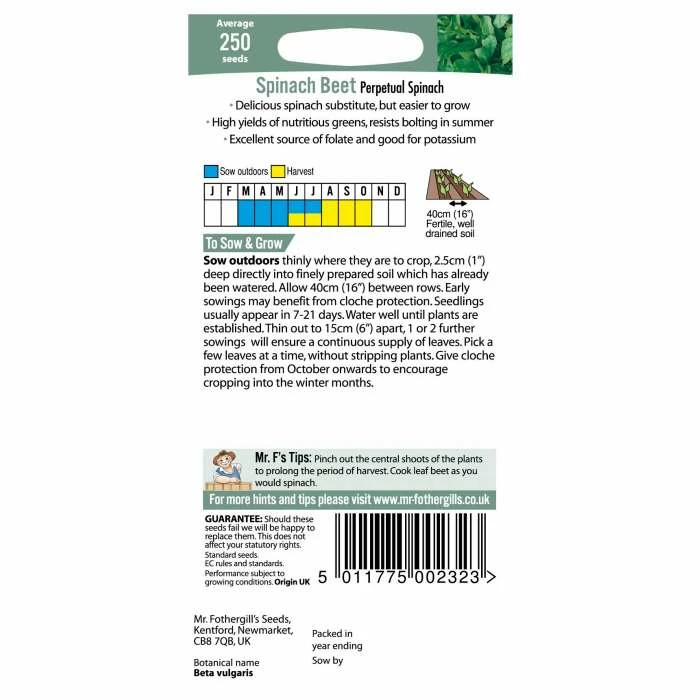
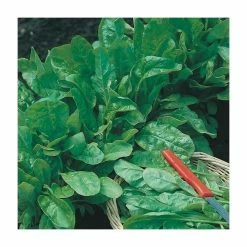
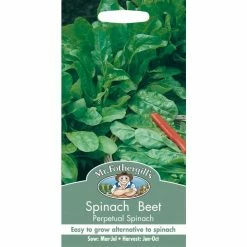

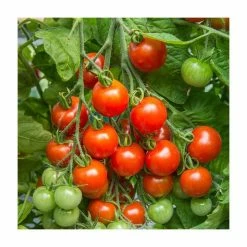
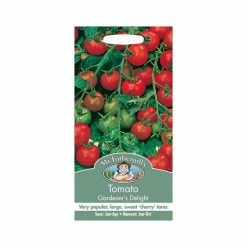
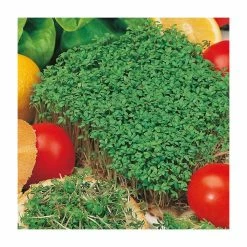
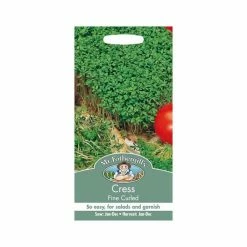
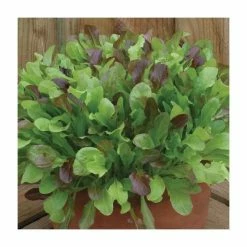
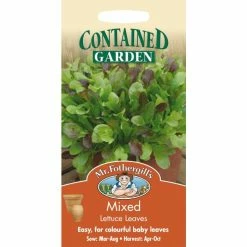
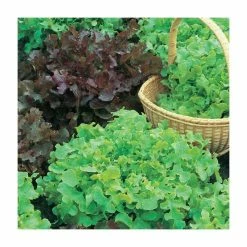
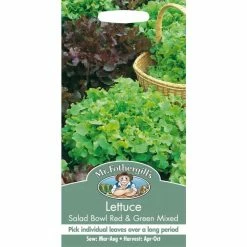
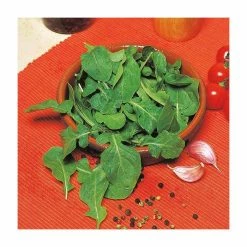
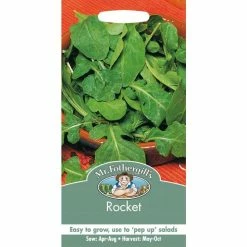
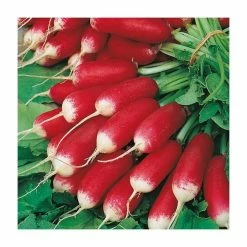
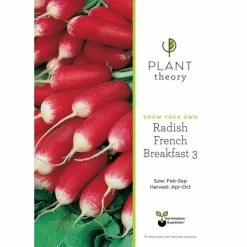
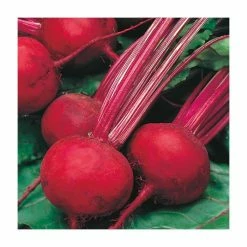
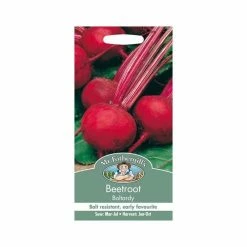
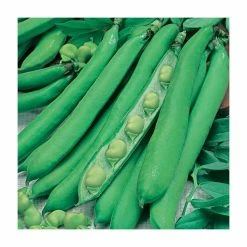
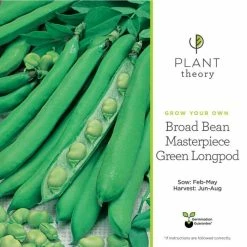
Reviews
There are no reviews yet.